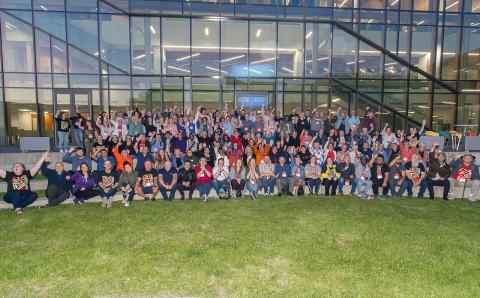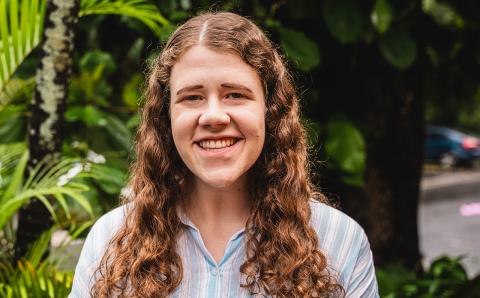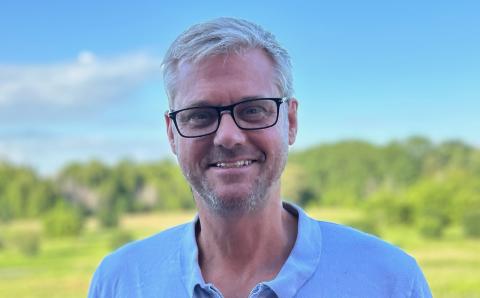Not that long ago I was hired to be the manager of lands and tax administration at the office of a nearby First Nation. I was somewhat astonished when I walked into the office on my first day to find several of the positions of power filled by Bangladeshi nationals. Initially I was quite taken aback, thinking that this is colonization all over again, supposing they were going to superimpose their culture over a First Nation culture that has not yet been fully reclaimed.
“We will lose ourselves in the abyss,” I surmised. The phrase “caste system” was routinely thrown around in quiet conversations among the frontline workers who were largely First Nations women who, like me, were sent to work on the reserve miles away from the downtown office and away from the Bangladeshis.
I decidedly gave the situation over to God by presenting my concerns and my thought processes, and asked him to change my heart if my will was not aligning with his will. I was reminded of the medicine wheel teachings in which all skin colors and nations are equal. All are created by God in the image of God, and all were created with purpose and intent. I quickly began to adopt a new attitude and soon realized that these people, too, are indigenous.
I was further reminded of the benefits of four-eyed seeing, the method of practicing a worldview that sees the world through two lenses—through the eyes of your own culture and through the lens of a culture that is not your own. I began to see that under the charge of the foreign nationals, department managers were encouraged to purchase food for employees so they could make breakfast and lunch, thereby guaranteeing that no employee would have to work while hungry.
When a fellow manager pointed out that food went missing from the kitchen, managers were encouraged not to say anything about it, but to buy more food to provide for people in the community who might need it, as well as encourage any person in the community that we suspected of being hungry to take some home. Ultimately we adopted an open fridge policy, which reinstituted an element of sharing that many First Nations practiced in our communities long ago. The foreigners were unknowingly helping us reclaim our culture.
Through prayer and meditation, I was prompted to consider that many foreigners come to North America to escape war and oppression and to build a new life. Their learning curve is steep as they struggle with a new language, legal system, and culture that is not their own. They long for loved ones left behind and try to work the legal system so their extended families can join them. I remembered that Jesus talked to the woman at the well, he sat with tax collectors and prostitutes. His love knew no boundaries.
The Apostle Paul spoke of how he handled cultural differences: “To the Jews I have become like a Jew, to win the Jews. To those under the law I became like one under the law (though myself am not under the law), so as to win those under the law. To those not having the law I became like one not having the law (though I am not free from God’s law but am under Christ’s law), so as to win those not having the law. To the weak I became weak, to win the weak. I became all things to all people so that by all possible means I might save some,” (1 Cor 9:19-22).
It occurred to me that this is exactly what I should do. To win over some of the Bangladeshi nationals and others like them, rather than criticizing them and making them feel uncomfortable for being different, I should look for the golden things in their culture so that I might win some for Christ.
I began to look for the similarities between our cultures so that I might build bridges while minimizing differences that could drive a wedge between us. I found myself defending their decisions to fellow managers, reminding them that the worldview of many indigenous cultures, including many of the First Nations across the U.S. and Canada, became broken under colonization. Opening our doors to employ other, healthier indigenous people might just be God’s plan to restore First Nations to who they were created to be. My view of the situation became like a societal ecosystem as I, once again, sit in awe of God’s greatness.
About the Author
Agnes Mastin is Tse’khene Indian (People of the Rocks) from north-central British Columbia. She works in a First Nation community as a lands manager where she practices demonstrating God’s love and compassion to all people.









